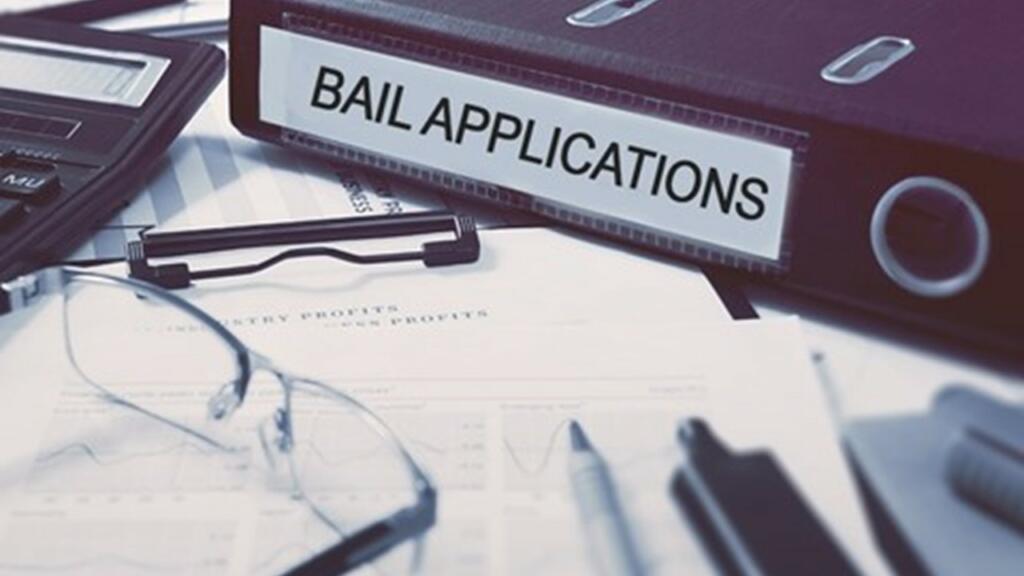Bail is the rule, and jail is the exception. That is the rule by which our criminal justice system works. But bail is not free. It comes with its own cost. With the emergence of a tech-savvy world, bail sometimes comes at the cost of the right to privacy. Fun fact: the guidelines fall into the legal grey area.
Strange bail order by High Court
Recently, a person named Hussain Abbas approached the Punjab and Haryana High Court for bail. Section 439 of the CrPC empowers the High Court to grant bail. The High Court studied a plethora of cases before granting him bail. It had to be, since he was apprehended under Section 25(1)(B) of the Arms Act.
Bail was granted based on precedents established in the Maulana Mohd Amir Rashadi case, the Paramjeet Singh case, the Gurbaksh Singh Sibbia case, the Pappu Yadav case, and the Belchand case, among others. The petitioner has also been asked to furnish a bond of Rs 10,000.
Also read: Punishment for Negligence: Jail Time ahead for virtue-signaling Dog Owner
In addition, he must purchase a smartphone and inform its minute details including IMEI number to SHO and investigating officer. These officers can ask them to share the location anytime, and Abbas has to oblige. GPS will remain perpetually on, and no history of any call, chat, or search will be deleted. Failing to do so will result in the cancellation of bail.
Rule, not the exception
Bizarre, isn’t it? Trust me, for a regular Court visitor, it’s not. More such orders have been passed in the past. Once, the Madhya Pradesh High Court asked an accused of harassment to protect the woman he allegedly harassed. He also had to get Rakhi tied by her. Thankfully, the Apex Court set it aside.
The same High Court once asked a person to go for digital detoxification by accepting a two-month social media ban as a condition for bail. Other high courts, like those in Madras and Allahabad, had imposed similar conditions, albeit for one and two years, respectively.
Also read: Ali Mohammed Balwa v. ED: Time pass legal activist will be buried under debt now
Even high-profile accused individuals are not bereft of this anomaly. Umar Khalid was asked to install the Aarogya Setu app. In Jharkhand, the High Court asked Som Marandi, a former BJP MP, to deposit Rs 35,000 in the PM Cares fund.
Legal aspect
If you visit local courts, you may get thousands of such orders, including those to clean drainage, washing and ironing clothes. No matter how absurd they sound, most of these orders are in line with established legal provisions. Section 437(3) of the CrPC allows the court to impose any bail condition as it deems necessary. The phrase “otherwise in the interest” of justice used in subsection (c) of 437(3) further expands the power.
Section 439 adds further teeth to it. It gives Sessions and High Courts the power to impose “any condition” that they deem fit. Over the years, this phrase “any condition” has been extensively used or misused, at the risk of inviting contempt proceedings.
Also read: Fake dowry cases and beyond: If you don’t satisfy these conditions, you can’t be arrested
The verdict
In 2021, the Delhi High Court rose to the occasion to impose some sensibility. In the Sunil Tyagi case, the court ruled that bail conditions must be fair and reasonable. Okay, then what defines these two terms? The High Court said that the bail condition should only result in minimal intervention in the liberty of a person out on bail.
In Court’s words, “balance should be maintained between the personal liberty of the accused and investigational right of police.” Based on this ruling, doesn’t the Punjab and Haryana High Court order empower the police to intervene in the personal liberty of the accused? We leave it up to you to judge.
Support TFI:
Support us to strengthen the ‘Right’ ideology of cultural nationalism by purchasing the best quality garments from TFI-STORE.COM
Also Watch:
https://www.youtube.com/watch?v=e1ZPm16mWp0
